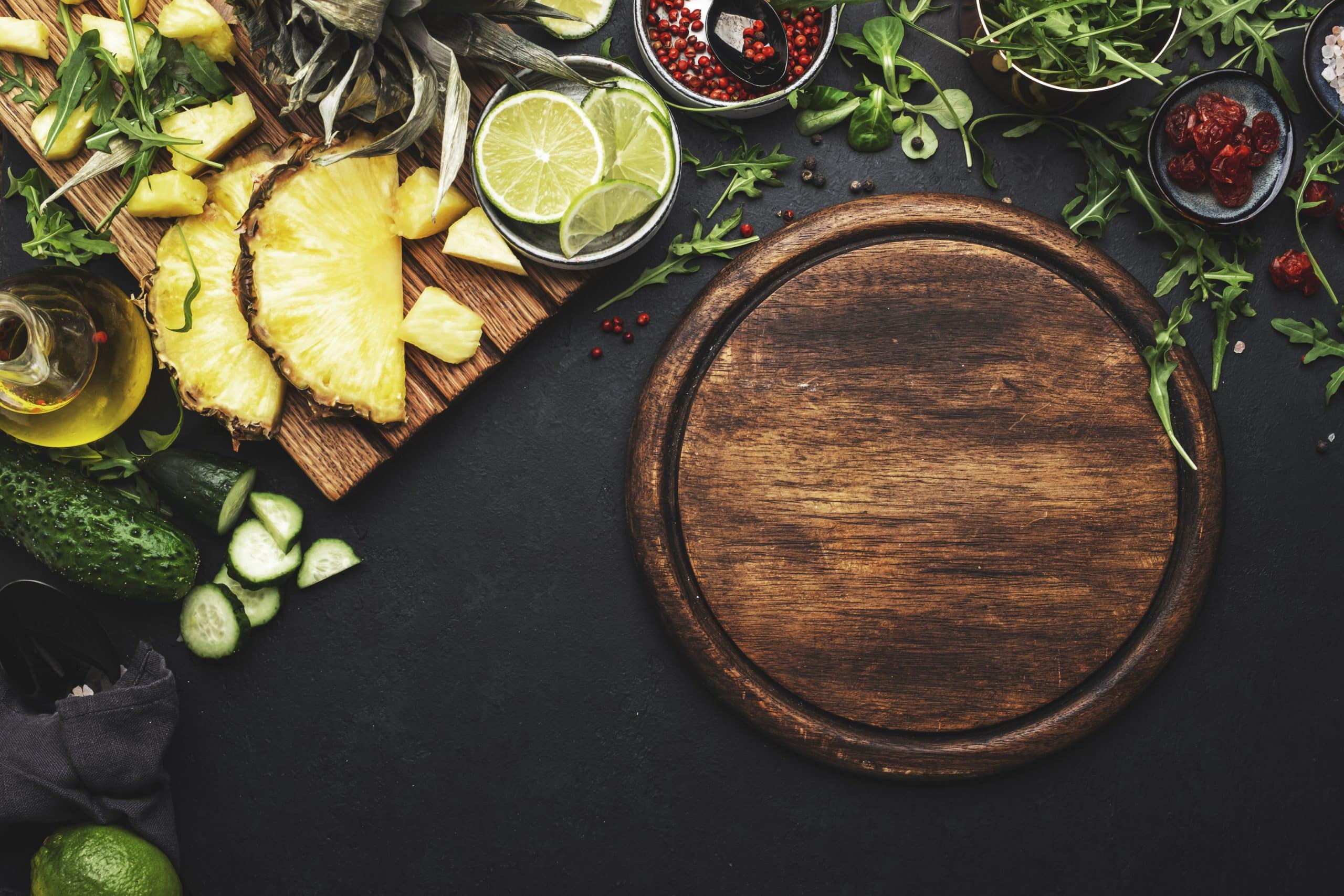What Are the Specific Nutritional Recommendations for Triathletes During Training Seasons?

As a triathlete, you will be familiar with the gruelling schedule of swimming, cycling and running which make up your sport. The challenges faced by triathletes are not only physical – but nutritional too. Nutrition is the backbone of any sporting endeavor and plays a pivotal role in a triathlete’s performance and endurance. This article aims to explore the specific nutritional guidelines that triathletes should adhere to during their training seasons.
Understanding the Nutritional Needs of Triathletes
Training for a triathlon is an energy-intensive task. As such, your body needs high-quality and appropriate fuel to ensure optimal performance. The diet you follow should provide the necessary energy and nutrients required for your demanding training schedule, enabling you to recover faster and perform better on the race.
Dans le meme genre : How Does Personalized 3D Bioprinting of Skin Tissue Revolutionize Burn Treatment?
A balanced diet for triathletes primarily revolves around three main nutrients – carbohydrates, protein and fats.
Carbohydrate Intake
Carbohydrates are your body’s main source of energy. When you consume carbohydrates, your body breaks them down into glucose, which is then used to fuel your muscles during exercise.
Sujet a lire : Can Urban Lighting Design Reduce the Negative Effects of Light Pollution on Health?
For high-intensity endurance training, such as preparing for a triathlon, a high-carbohydrate diet is recommended. This includes foods like whole grains, fruits, vegetables and legumes. They should ideally make up about 60% of your total daily caloric intake.
During your training period, it’s essential to increase carbohydrate intake around periods of high-demand training. This is known as ‘carb-loading’ and helps your body store more glucose as glycogen, providing you with sustained energy during the race.
Role of Protein in a Triathlete’s Diet
Protein is vital for muscle recovery and rebuilding after exhaustive workouts. An adequate protein intake will reduce muscle damage and promote muscle synthesis.
For athletes such as yourselves, the recommended protein intake is about 1.2 to 2 grams per kilogram of body weight. Be sure to spread this intake evenly throughout the day to optimize protein synthesis and recovery.
High protein foods include lean meats, poultry, fish, eggs, dairy products, legumes, nuts and seeds. A protein shake or meal after an intense workout can be beneficial for recovery.
Maintaining a Healthy Weight
Weight management is another crucial aspect of a triathlete’s nutrition plan. Your body weight will have a direct impact on your performance during both training and the race day.
Maintaining an ideal body weight will help improve your speed, endurance, and overall athletic performance. This doesn’t mean drastically cutting calories or resorting to unhealthy weight loss tactics. Rather, it involves a balanced diet that meets your energy needs without leading to weight gain.
One efficient way to maintain a healthy weight while training for a triathlon is through periodized nutrition. This involves adjusting your food intake based on the intensity and volume of your training. During periods of high-intensity training, increase your caloric intake to match your increased energy needs. Conversely, during recovery or low-intensity training periods, decrease your calorie intake.
Hydration and Electrolyte Balance
Hydration is another key component of a triathlete’s nutritional plan. Dehydration can lead to decreased performance and may even pose serious health risks. Therefore, fluid intake before, during, and after training sessions is crucial.
Water is usually sufficient for hydration. However, during long training sessions, you might require sports drinks to replenish electrolytes lost through sweat. Electrolytes help regulate nerve and muscle function, your body’s pH levels, and rebuilding damaged tissue.
Micronutrients for Enhanced Performance
While carbohydrates, protein, and fats form the major part of a triathlete’s diet, micronutrients are equally vital. These include vitamins and minerals that aid in energy production, immune function, bone health, and oxygen transport. They are also involved in the repair and growth of muscle tissue after strenuous workouts.
Iron, Calcium, Vitamin D, B-vitamins, and antioxidants should be included in your diet. A variety of colorful fruits and vegetables, whole grains, lean proteins, and dairy products can provide these essential nutrients.
In conclusion, a triathlete’s nutrition plan is not just about eating more – it’s about eating right. Knowing what and when to eat can greatly enhance your training and performance in the race. Remember, a balanced and well-planned diet is as important as your training plan.
Optimization of Fat and Fiber in a Triathlon Diet
As an endurance athlete, you also need to consider the roles of fats and fiber in your triathlon nutrition plan.
Fats are a valuable energy source, especially for long-duration, low to moderate-intensity exercises. They are essential for the absorption of fat-soluble vitamins and are involved in hormone production. Healthy fats such as those found in avocados, nuts, seeds, and olive oil should make up about 20-30% of your daily caloric intake.
However, it’s crucial not to consume high fat meals or snacks close to your training sessions as they slow down digestion, which might lead to discomfort during exercise.
On the other hand, fiber is essential for maintaining a healthy digestive system. It assists in controlling your body weight by providing a sense of fullness without adding many calories. Foods high in fiber include fruits, vegetables, whole grains, and legumes.
But similar to fats, fiber should be consumed with caution close to workout or race times. This is because, although fiber aids with digestion, too much fiber intake shortly before high-intensity activities may lead to gastrointestinal distress.
Nutritional Strategies for Race Day
Race day nutrition requires careful planning and personalization. It’s not just about what eat, but when and how much to eat. Consuming the right nutrients at the right time can optimize glycogen stores and improve performance while minimizing gastrointestinal problems.
Start your day with a light, high-carbohydrate breakfast 2-4 hours before the race to top up your glycogen stores. Avoid fiber-rich foods to minimize the risk of gastrointestinal issues.
During race, the primary nutritional goal is to maintain carbohydrate and fluid balance. Choose easily digestible carbohydrates like energy gels or honey stinger chews. It’s typically recommended to consume 30-60 grams of carbohydrates per hour during exercise.
Hydration is also crucial. The American College of Sports Med recommends starting to drink fluids early in the event and at regular intervals to maintain hydration. Sports drinks can be useful to replace both fluids and electrolytes lost through sweat.
Conclusion
Training for a triathlon is a monumental task, and your nutrition plan should be on par with your physical training. Understanding the specific dietary needs of an endurance athlete can significantly improve performance and recovery.
Remember, an effective nutrition strategy should involve a balanced, varied diet high in carbohydrates, moderate in protein, and low in fats. Hydration and proper timing of meals are also key. Finally, body composition and weight management can play a crucial role in your triathlon performance.
Lastly, do not hesitate to seek advice from a sports nutrition professional for personal guidance, as nutritional needs can vary greatly among individuals. Successfully fueling your body will help you withstand the rigors of triathlon training and racing, allowing you to reach your full potential as an endurance athlete.
